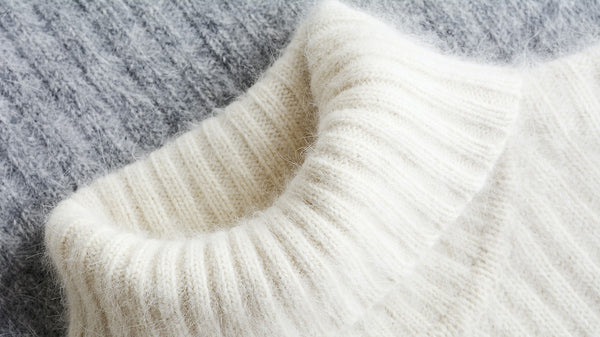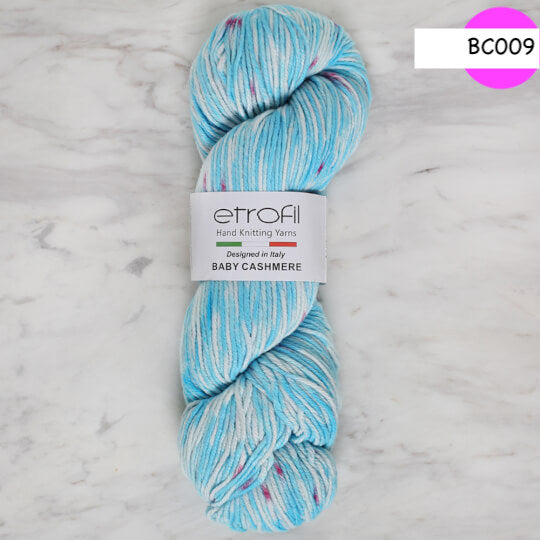Understanding the Different Kinds Of Cashmere an All-natural Fiber and Their One-of-a-kind Benefits

The Beginnings of Cashmere: A Historical Summary
While the glamorous touch of cashmere proceeds to appeal modern-day consumers, its origins trace back to the severe, chilly environments of Mongolia and the Mountain ranges. For centuries, the aboriginal individuals of these areas have actually been elevating Capra Hircus goats, the prime source of cashmere woollen. These goats, durable versus the serious winters months, expanded a great undercoat to endure, which later on came to be recognized as cashmere.

The Production Refine: From Goat to Garment
Shearing a Capra Hircus goat notes the creation of the complex cashmere manufacturing process. The resultant raw cashmere is then washed to get rid of contaminations such as vegetable, dirt, and oil matter.
The tidy fiber undergoes coloring, rotating, and weaving, or knitting, to change it into a textile. Facility treatments such as quality assurance checks and completing procedures comply with, making sure completion item keeps the elegant requirement expected of cashmere. This painstaking procedure, from goat to garment, warrants the high cost connected to cashmere products, making them a symbol of luxury and refinement.
The Various Sorts Of Cashmere: An In-depth Analysis

The Special Advantages of Cashmere: Convenience and Sustainability
Moving from the variety of cashmere types to the benefits they offer, comfort and sustainability stand out prominently. Cashmere, an all-natural fiber, is renowned for its unmatched soft qualities, giving a degree of convenience that artificial fibers can't match.
When it comes to sustainability, cashmere is renewable and biodegradable, as it's collected from cashmere goats that regrow their see here now coats yearly. what is cashmere. Unlike synthetic fibers which can take centuries to break down, cashmere's impact on the environment is marginal. This mix of comfort and sustainability makes cashmere a useful choice for mindful customers

Caring for Your Cashmere: Upkeep and Conservation Tips
While cashmere is most certainly a lasting and glamorous selection, it needs certain care to keep its quality and expand its life-span. To start, cashmere must be hand washed using cold water and a moderate cleaning agent. Avoid wringing the garment or twisting as it can harm the fibers. Instead, delicately press out excess water and lay it level on a towel to dry. Cashmere items must be saved in a dry and cool area, away from straight sunlight and moisture. Utilizing moth repellents can shield these garments from potential damage. Lastly, it's advisable to prevent hanging cashmere to stop stretching. Instead, layer and shop them properly to maintain their form and quality gradually.
Buying Cashmere: Comprehending Its Worth and Well Worth
Although cashmere may originally appear like a pricey financial investment, its long-term value and worth become apparent when you consider its remarkable high qualities. Understood for its unequaled gentleness and heat, cashmere is a premium all-natural fiber that outshines various other products. Its high demand and minimal supply add to its high rate, discover here yet its longevity guarantees it lasts for many years, providing exceptional value for cash. Cashmere pieces are timeless, often becoming antiques gave with generations. what is cashmere. Its natural protecting properties provide warmth without the bulk of synthetic fibers. Buying cashmere, therefore, is not nearly current fashion fads, yet about embracing a sustainable, lasting, and glamorous way of living.
Final Thought
In summary, the sort of cashmere one selects, be it Mongolian, Chinese, or Italian, is dictated by specific choices for heat, spending plan, luxury, and sustainability. The worth of cashmere extends beyond its rate, with comfort and durability contributing to its worth. Correct care and upkeep can ensure its preservation. Comprehending the beginnings, production process, and distinct advantages of various types of cashmere can lead customers in their investment in this lavish all-natural fiber.
Whether it's the extraordinary warmth of useful content Mongolian cashmere, the affordability of Chinese cashmere, or the eco-conscious production of Italian cashmere, there's a tale to be discovered behind each fiber kind. Cashmere, a natural fiber, is renowned for its exceptional softness, giving a degree of convenience that synthetic fibers can not match.When it comes to sustainability, cashmere is naturally degradable and renewable, as it's harvested from cashmere goats that regrow their coats annually. Understood for its unrivaled gentleness and warmth, cashmere is a costs natural fiber that outmatches various other materials. Recognizing the origins, manufacturing process, and special benefits of different types of cashmere can guide customers in their investment in this extravagant all-natural fiber.
Comments on “What Is Cashmere and How Does It Differ to Other Fabrics?”